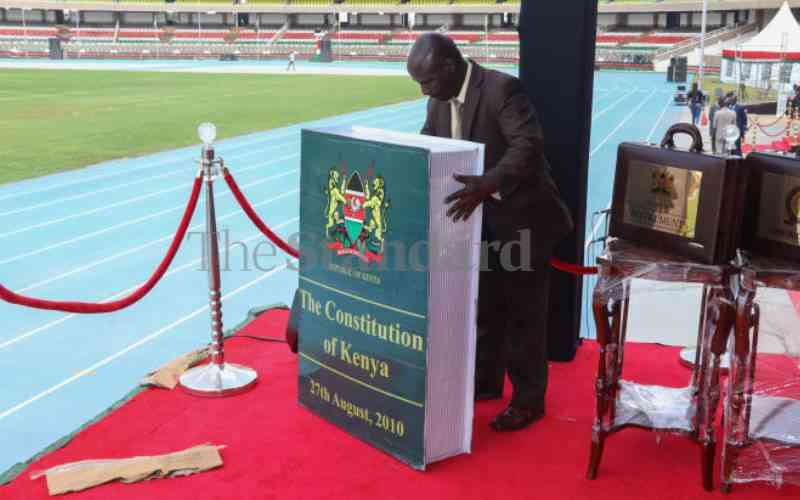×
The Standard e-Paper
Join Thousands Daily

The phrase 'freedom has come' is taking worrying trajectories.
While it was used during the campaigns by the Kenya Kwanza coalition to pass on the message that the country will be freed from persecution and from debilitating poverty, it has become a phrase to 'free' people facing serious integrity questions.